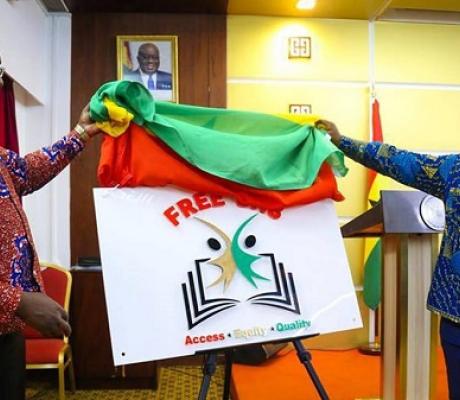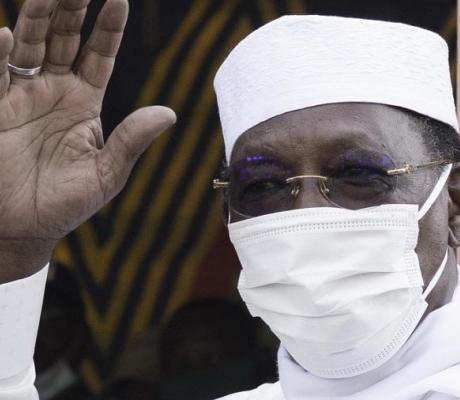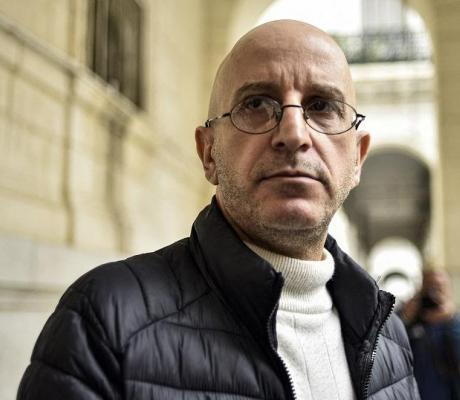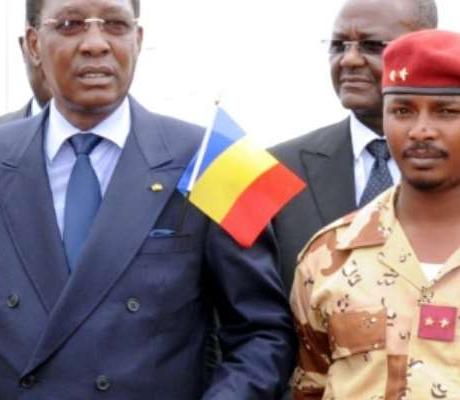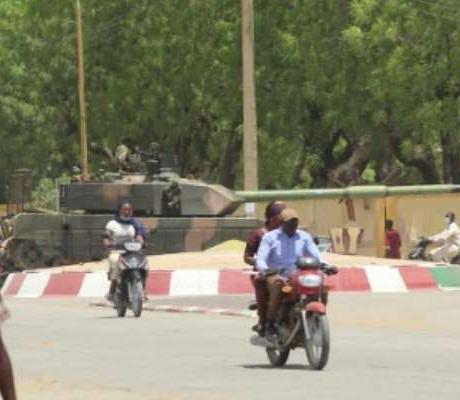Police in Mali on Friday fired gunshots and tear gas to try to dislodge protesters demanding the resignation of President Ibrahim Boubacar Keita from occupying the state broadcasting house and parliament, according to a Reuters witness.
Two sources said at least one person was killed outside the national assembly building.
Mali’s state television ORTM went off the air after hundreds of protesters occupied the building in the capital Bamako.
The protesters, called to a rally by an opposition coalition, also tried to take over two major bridges.
The protest was the third since June, and came after the opposition coalition rejected concessions from Keita aimed at resolving a months-long political stand-off that began after a disputed legislative election in March.
Mali’s neighbours and outside powers worry the impasse could further destabilise the country and jeopardise a joint military campaign against Islamist insurgents in the West African Sahel region.
Protesters pelted the national assembly with rocks and shattered its glass facade, then ransacked and set fires in parts of the building.
Videos on social media sites showed a fire burning outside the building while protesters ran away with what looked like files, computers, furniture and other items. The authenticity of the videos could not be verified by Reuters.
Gunshots could be heard in the vicinity of both the national assembly and the ORTM building, a Reuters witness said, while other groups of protesters fought running battles with the police along a main bridge and surrounding neighbourhoods.
Leaders of the protest had called on supporters to occupy buildings, including the Prime Minister’s office, as part of a civil disobedience campaign aimed at forcing Keita to resign for failing to tackle Mali’s security and economic problems.
Before the rally, influential Muslim cleric Imam Mahmoud Dicko, one of the leaders of the protest, told France24 television that they had dropped the demand for the president to resign but wanted further gestures from him.
“This is because we think it (the resignation) will cause more problems than it will resolve,” Dicko said. “Mali’s problem is not about a government of national unity. It is a problem of governance.”
Other leaders of the coalition said at the rally they still want Keita to resign, however, and said they would persist with the disobedience campaign until he quits.
Keita was re-elected in 2018 for a second five-year term but his leadership has faced mounting opposition amid a surge in jihadist violence and an economic crisis.
J. Peter Pham, U.S. Special Envoy to the Sahel, warned that any unconstitutional change of government in Mali was out of the question.
Source: reuters.com


